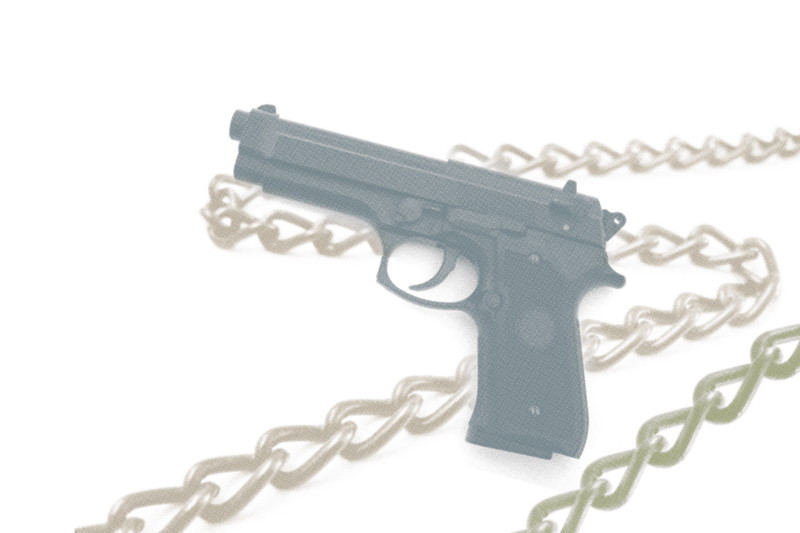Repercussions of violence
Aurora movie theatre shooting raises question of gun control
Resilience is something I find fascinating. Specifically, how a person can go about their daily life after suffering devastation, or how a community can come back from tragedy.
It explains why the news I like to devour tends to be the human interest stories - the tales of people who fought to recover despite being forced to face difficult circumstances, adversity and tragedy.
I suppose it’s not that surprising, then, that resilience is a theme that underpins all three films in one of my favourite movie series, Christopher Nolan’s Dark Knight trilogy.
Unfortunately, my curiosity of the resilience of fictional characters and the reality of human resilience collided head-on this summer when 24-year-old James Eagan Holmes walked into a theatre in Aurora, Colorado at the midnight premiere of The Dark Knight Rises and opened fire on filmgoers with an AR-15 assault rifle, two .40 caliber Glocks and a shotgun.
The media blew up with the story, and it was impossible to keep my interest in it contained.
I had an opportunity to get an insider’s perspective on things, as my aunt and uncle live in Milliken, Colorado, a town about 60 miles north of Aurora. They have firsthand knowledge of how the tragedy has affected the community and surroundings.
Firstly, they explained that it is important to understand that Aurora is a large eastern suburb of Denver with some pretty tough areas.
They also noted that Colorado is one of the “shall carry” states in the U.S. with a concealed carry permit for firearms.
They said the people of Colorado have “a pioneer spirit and western conservative ideals” and will defend their persons and property through the use of the Castle Doctrine legislation that grants people the right to defend their property with deadly force if they are attacked.
Under that law, a person is allowed to have a loaded handgun, rifle or shotgun in their home, car or boat to use in their defence should they be attacked.
Resilience is not something new to Coloradoans.
Year after year, these are folks who have been forced to face wildfires and the potential destruction of their homes.
Thirteen years ago, they lived through the carnage Dylan Klebold and Eric Harris wrought in the Columbine High School massacre.
Now Coloradoans are having their resilience tested again by the Aurora tragedy.
“ Gun laws not only affect personal misuse or abuse and violence, but the greater community as well
My aunt and uncle said the community and the state always step up in a tragedy. The Aurora victims received free medical care and have been supported financially through various organizations.
I asked my aunt and uncle about the general public’s sentiment towards Holmes, a former neuroscience PhD student at the University of Colorado Anschutz Campus.
They replied that people of Colorado have no sympathy for him and many are advocating he receive the death penalty, despite the fact his attorneys have declared he is mentally ill.
Holmes is currently in custody and facing 24 counts of first degree murder, and an additional 116 counts of attempted murder for killing 12 people and wounding 58 others in an attack that appears to have been premeditated.
The Aurora shooting has stirred up the question of gun control.
For example, while Americans have the right to bear arms under the Second Amendment, should that right extend to include assault weapons such as the semi-automatic AR-15 rifle, which is the civilian equivalent of
the military’s M-16? Should people be required to prove, as they are in Japan, that they are mentally fit to own a firearm?
Even as a someone who has a great appreciation for firearms, it’s obvious to me that gun laws need to be tightened.
Jim Gordon sums it up perfectly in Batman Begins: “We start carrying semi-automatics, they buy automatics; we start wearing Kevlar, they buy armor piercing rounds.”
Gun laws not only affect personal misuse or abuse and violence, but the greater community as well.
In the end, I believe that there is humanity in rising above tragedy and darkness, and I can only hope that these stories will have a happy ending.
Erika Miller is a first-year Creative Communications student at Red River College.
Published in Volume 67, Number 1 of The Uniter (September 5, 2012)








